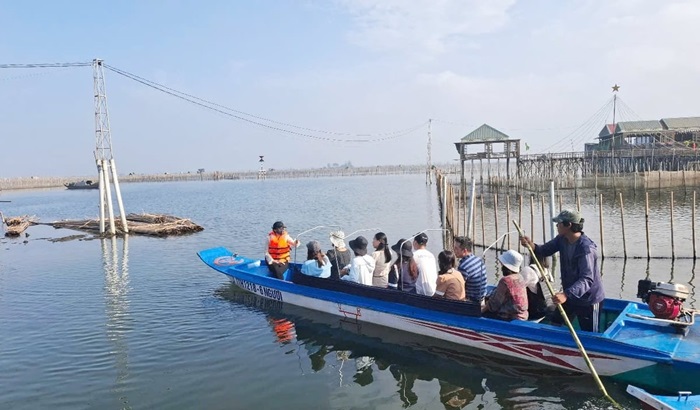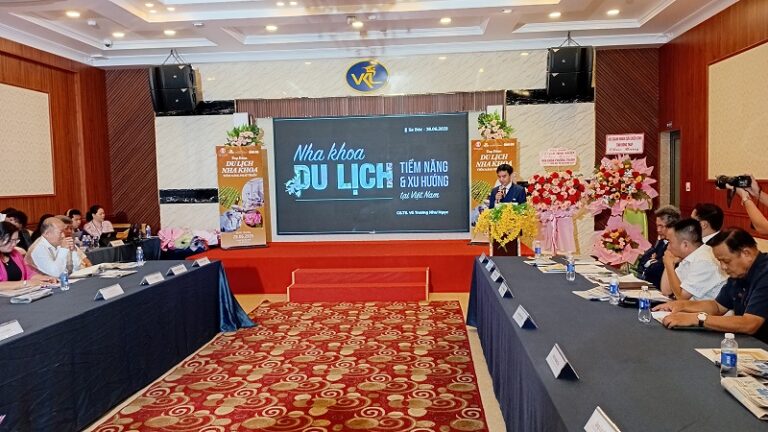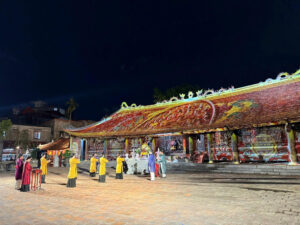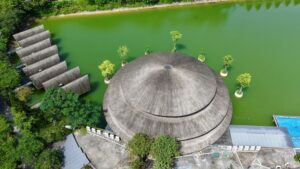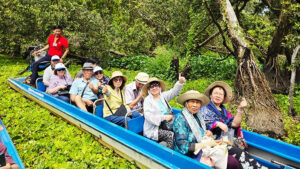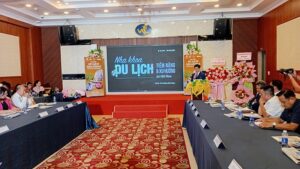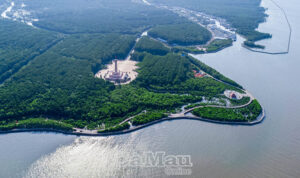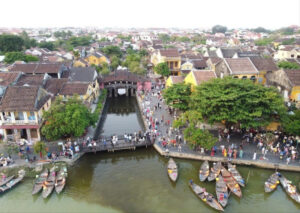A senior official has warned that if the focus remained solely on developing the economy at the expense of protecting the environment, the Tien, Hau and other rivers in the delta are likely to become dead rivers in the future.
 Pham Thanh Van, deputy secretary of the Can Tho People’s Committee, was speaking at a meeting on environmental pollution in the delta held in Can Tho City on Tuesday.
Pham Thanh Van, deputy secretary of the Can Tho People’s Committee, was speaking at a meeting on environmental pollution in the delta held in Can Tho City on Tuesday.
Participants at the meeting said a spate of serious environmental pollution problems have emerged as a fallout of the rapid development of industrial and agricultural production in the Mekong Delta in recent years.
Illogical planning and improper use of chemical fertilizers and pesticides were worsening pollution problems in the delta, they added.
The meeting was organised by the Tap Chi Cong San (Communist Review), the Can Tho City People’s Committee, the Can Tho City Party Committee and the Southern Institute of Science and Technology.
Head of the Central Commission for Publicity and Education, To Huy Rua, said there was urgent need to carry out extensive research on the pollution problem so that proper scientific solutions can be identified.
Rua said this would also lay the ground for educating and raising awareness among local authorities and residents about the necessity for and means of protecting the environment.
Many participants blamed the rapid development of industrial parks (IPs) and aquaculture expansion without proper zoning plans for the current situation.
They noted that the IP zoning plan for the delta had many logical fallacies, with many being set up near water sources critical for rice fields, orchards and aquaculture.
The delta had 151 IPs and industrial complexes covering a total area of 20,000 ha in 2007 compared with 68 IPs and complexes covering 15,154 ha in 2003.
Most of these do not have a consolidated waste-water treatment system, and have been dumping untreated or insufficiently treated effluents for many years.
More than 12,700 companies in the delta’s 12 provinces and Can Tho City release a combined 47.2 million cubic meters of industrial waste-water and 220,000 tonnes of industrial solid waste a year.
Moreover, households in the delta generate 600,000 tonnes of solid waste and 102 million cubic meters of wastewater annually.
About 500,000 tonnes of pesticides and 1.3-1.7 million tonnes of fertilisers are used every year in the area. The delta lacks adequate measures to treat pesticide residues.
The rapid development of aquaculture in recent years has worsened environmental pollution in the delta as most waste from aquaculture activities is released directly into rivers and canals.
Pham Dinh Don, head of the Southwestern Environment Protection Department, said environmental pollution had become particularly bad in rivers near IPs, aquaculture farms and residential areas.


